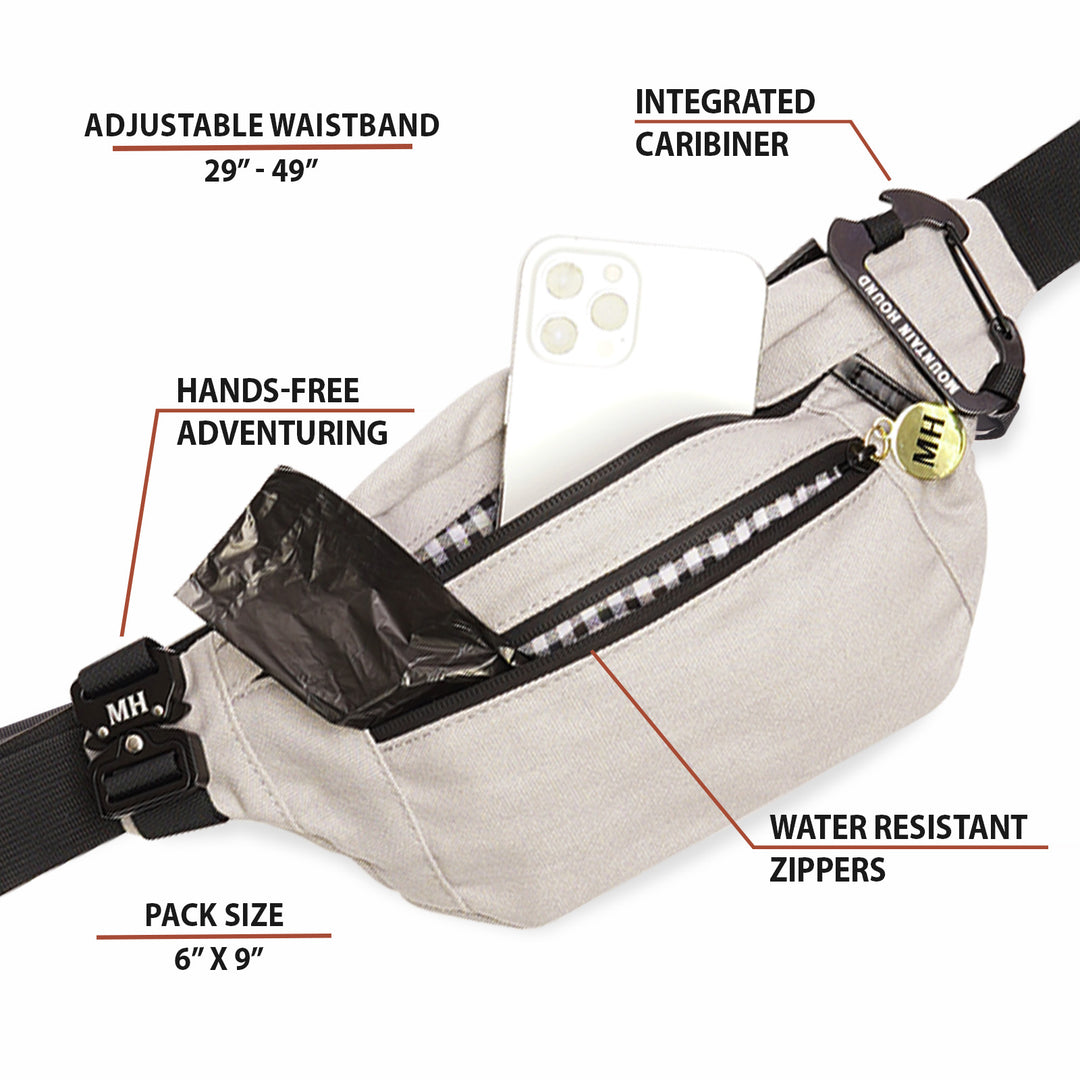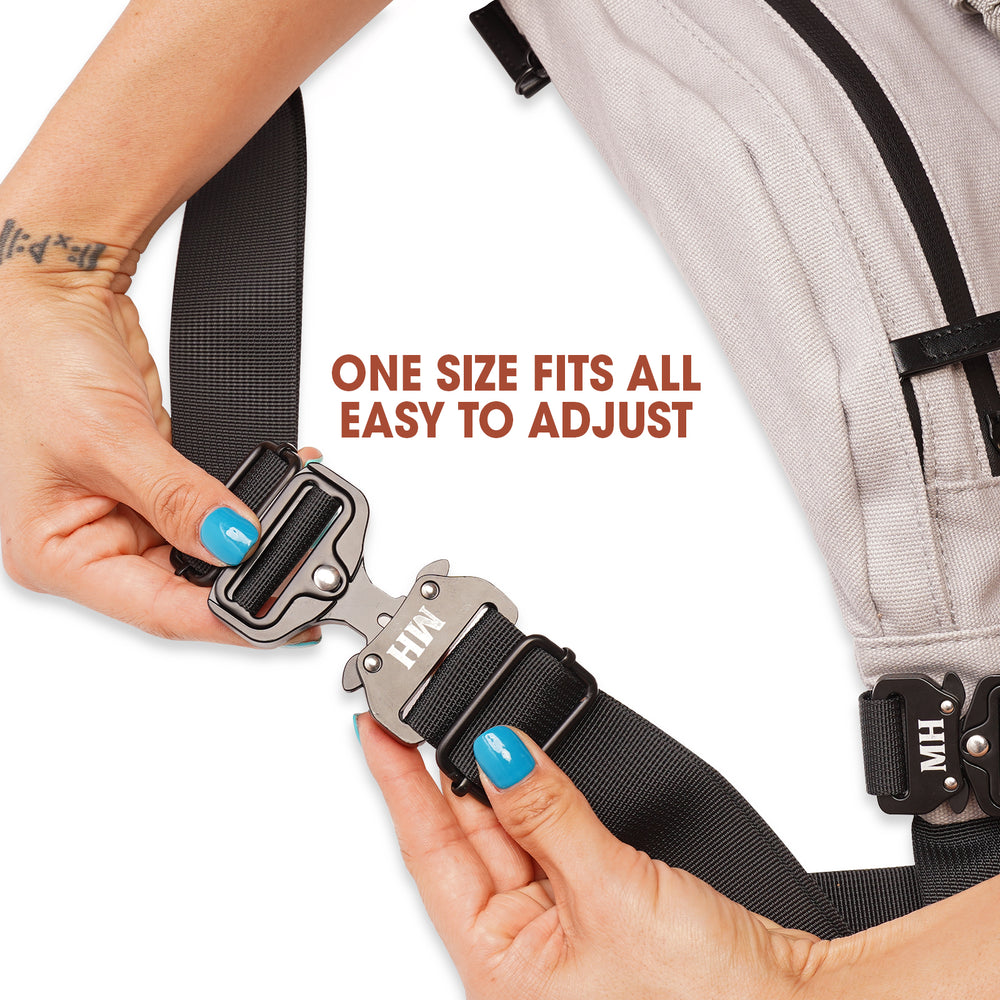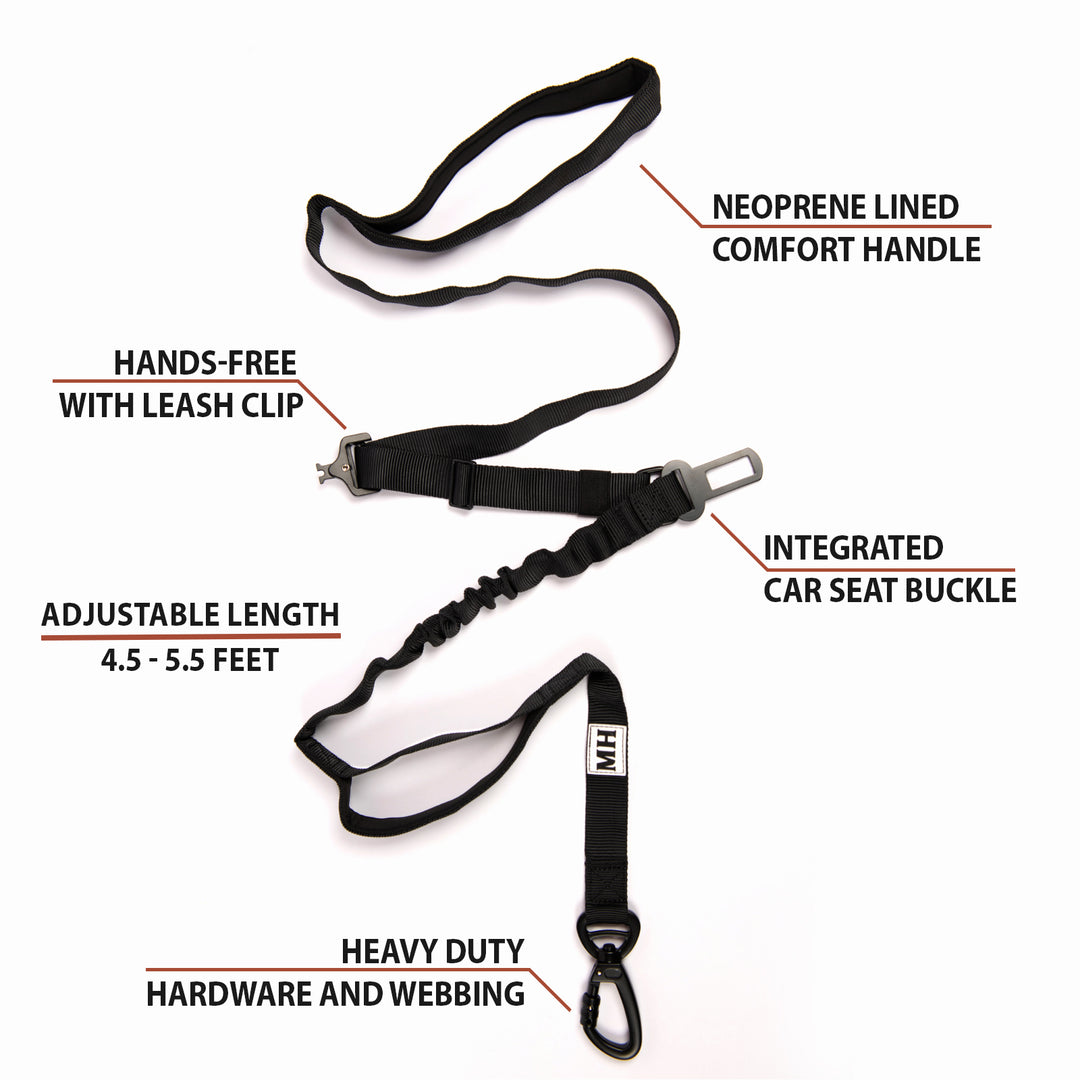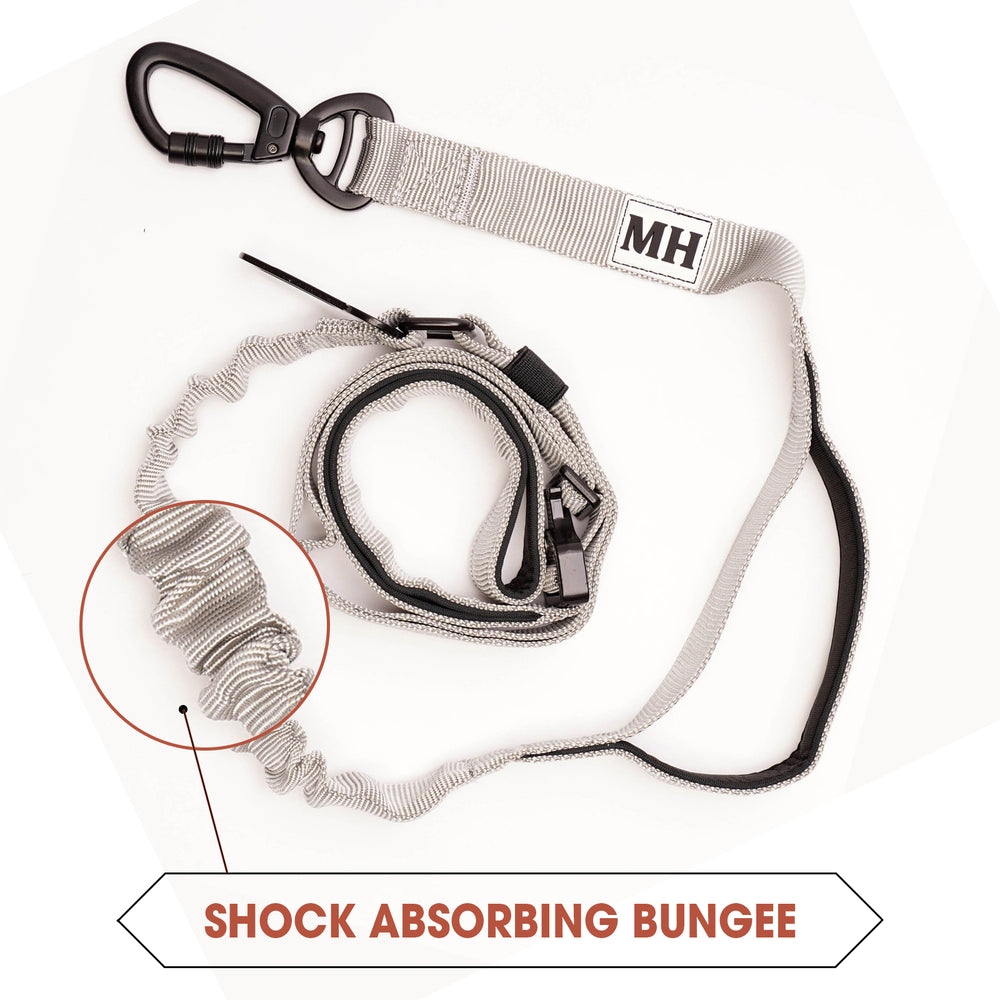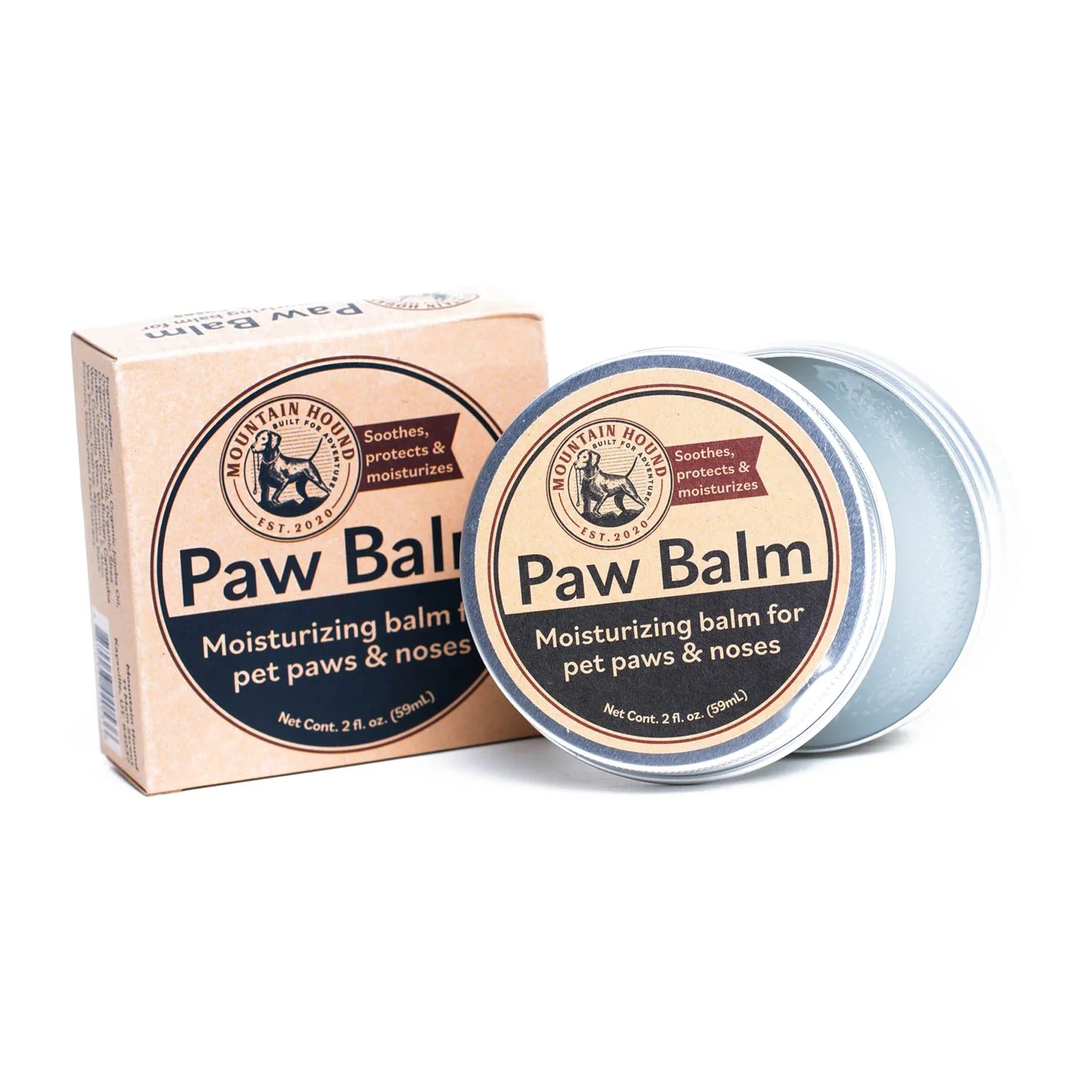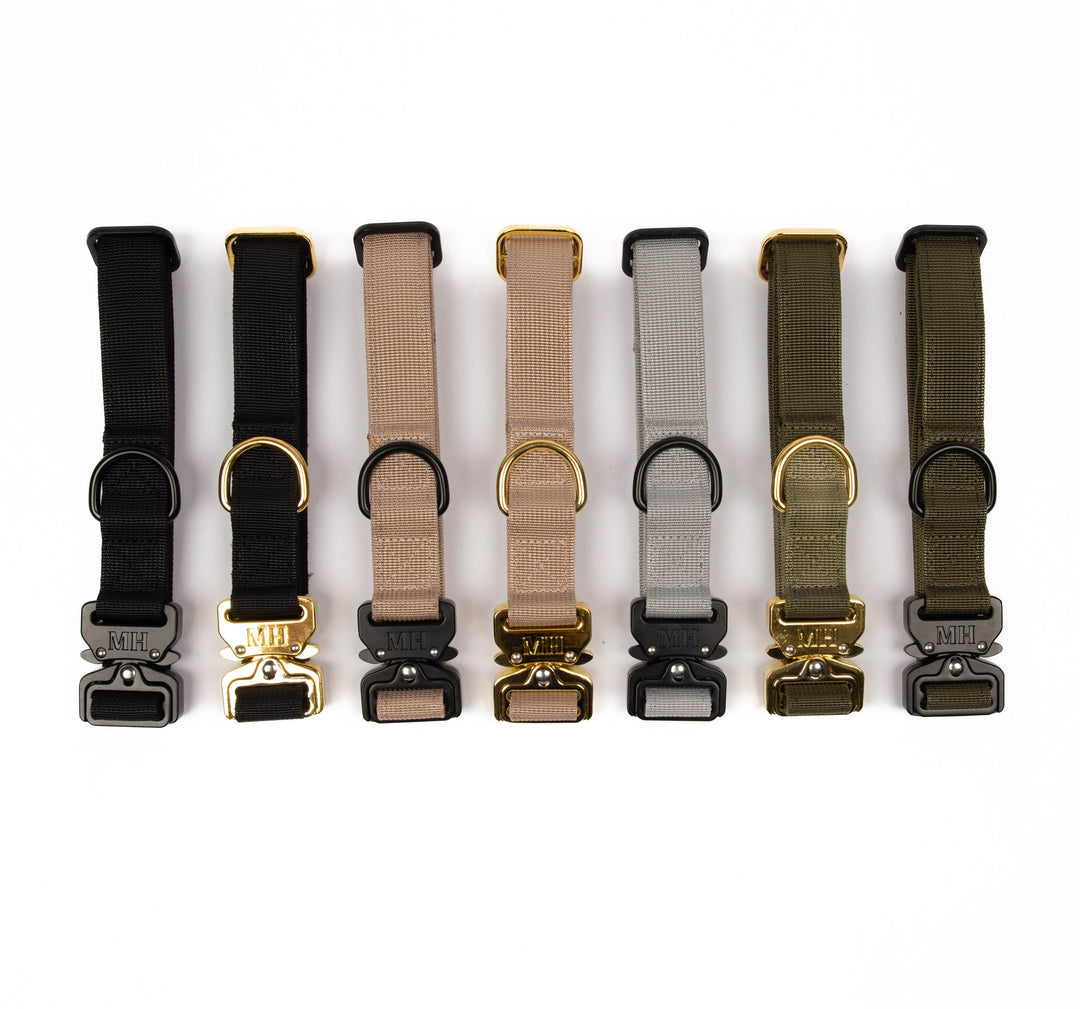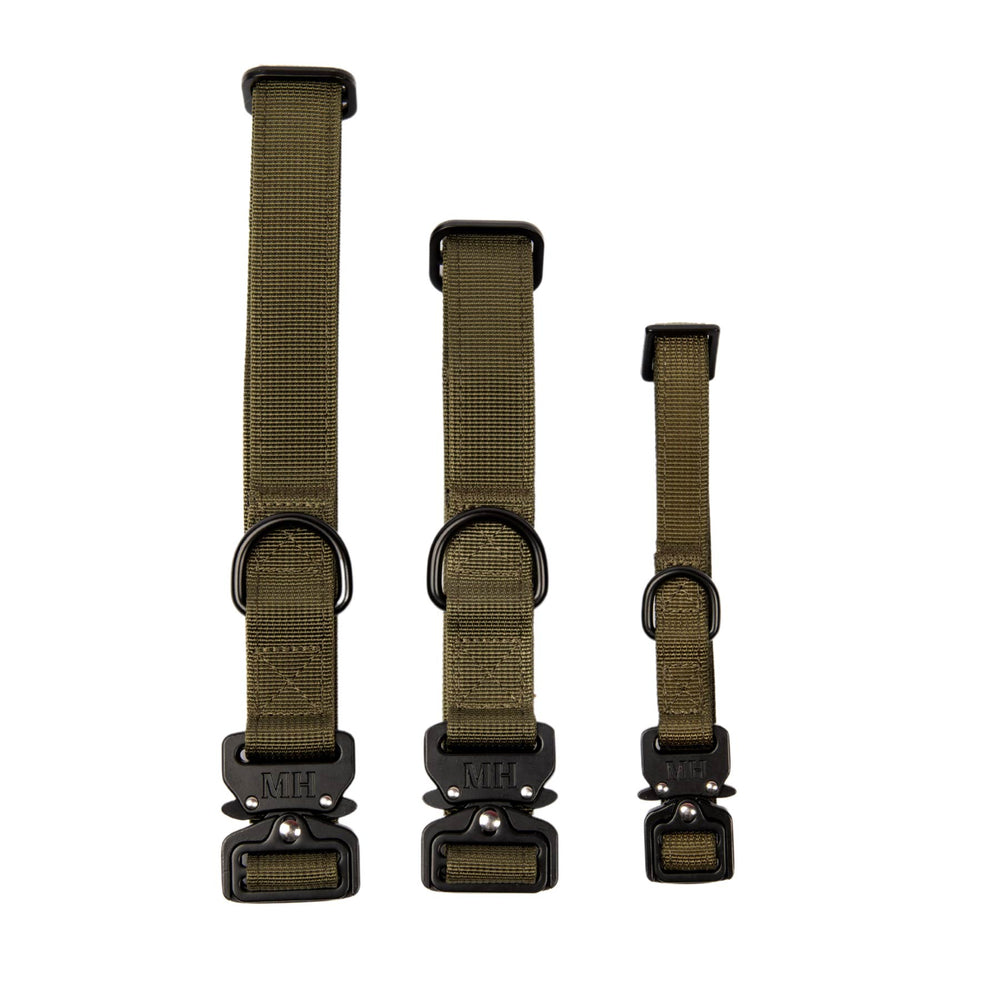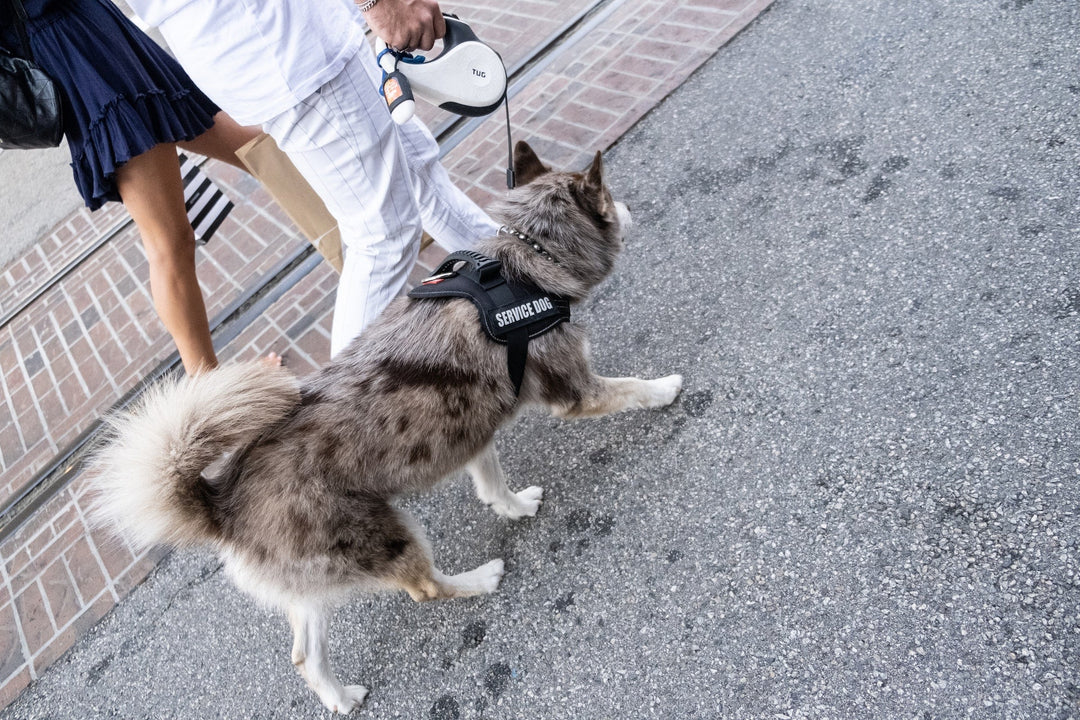Is Crate Training Good for Dogs?

Dog leash training, obedience training, and house training are just some of the many responsibilities that keep a hound's pet parents up at night. Then there's the question of whether or not to crate your hound. Unfortunately, this is a debate many pet parents become entangled in when trying to figure out if crate training will be good for their hounds.
While some pet parents swear by it, others think it's cruel. So, what's the truth? Are there any benefits to using a crate for training a dog? What are the pros and cons of crating your dog? Let's take a closer look at this controversial topic, and we'll leave you to decide for yourself.
The Pros of Crate Training Your Hound
First, let's start with the positive aspects of crate training. Crate training, like dog leash training, can be beneficial if used correctly and appropriately. It can help build boundaries and provide structure for your pup. It may offer a safe space free from distractions should your hound become overwhelmed by the busy household and provides a familiar place to rest and self-soothe. Finally, crating can be helpful when dogs are left alone for short periods during the day - it keeps them secure and ensures that doggie mischief is off the menu!
Pros at a Glance
- Builds boundaries.
- Provides structure.
- Safe space/sanctuary for your hound.
- Transportation is easier (hound size dependent!)
- Effective tool for housetraining puppies 6 months +.
Crate Training Considerations
You should consider several things when considering whether or not to use a crate for training your pup.
Crate Size
Your hound must have enough room in their crate to move around comfortably. Bigger breeds need more space, so a crate may not be the best solution. Alternatively, pet parents could use baby gates or fencing to segregate their hounds from specific areas of the home rather than a crate for hounds of all sizes!
Crate Periods
You should ensure that your pup is never left in the crate for too long - this can lead to anxiety, boredom, and discomfort. If you are using a crate to keep your hound safe while out at work or away for long periods, perhaps you should consider asking a friend or neighbor to pop in and take your dog for a walk during the day?
Alternatively, hiring a professional dog walker while at work can help improve their dog walking training while reducing your hound's energy levels and naughty doggie behaviors!
Crate Usage
While some pet parents feel that crating provides structure during obedience training and dog leash training, it should only be used as a tool, not as a punishment or substitute for regular exercise. Too often crates are used as a convenient way of leaving dogs unattended for long periods of time!
The Cons of Crate Training Your Hound
While there seem to be some benefits to using a crate to train your pup, there are also many potential negatives. For example, if your hound is crated too often, they may become anxious or depressed due to a lack of stimulation and interaction with their humans and other pets. Furthermore, if used incorrectly or inappropriately, it could lead to further behavioral problems such as aggression or incessant barking caused by frustration. In fact, using a crate for extended periods can lead to both physical and mental harm.
Cons at a Glance
- Can cause depression or aggression if used extensively.
- Not the best option for dogs with poor bladder control.
- May increase feelings of exclusion/isolation (separation anxiety).
- Can be misused as a means of punishment rather than safety.
- May cause trauma and distrust of humans.
- Muscle atrophy!
Weighing Up Your Choices
Because each of our loveable hounds is different, crate training, like leash training, isn't a one-size-fits-all. Thankfully, there are many other options you can choose from to create a happy hound-friendly home. For example, baby gates, fencing, exercise pens, or doggy day care! It's a real thing! Of course, choosing whether to use a crate is ultimately up to you as the pet parent and what works best for your home and hound. However, take the time to research so you can make an informed decision.
Lastly, ask yourself these questions:
- Are you away from home for extended periods?
- Will confining your dog increase their anxiety?
- Could you use an alternative method to hound-proof your home?
When considering crate training, remember that your hound is part of the family and deserves to be treated as such!
Image by Fran • @thisisfranpatel from Pixabay


